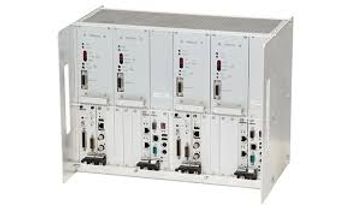
The Aftermath of the Texas Blackouts
Report lays out recommendations to avoid future Texas blackouts
Texas has more work to do to prevent the kinds of weather-driven blackouts that devastated the state in February 2021. That is the conclusion of Never Again: How to Prevent Another Major Texas Electricity Failure, a report issued by five past Public Utility Commission of Texas (PUC) commissioners and a senior regulatory advisor.
The report offers 20 recommendations that build on Senate Bill 3 and other legislation passed by the Texas legislature this year—and that lay out improvements regulatory bodies such as the PUC can take on their own. Taken together, these steps could help the state avoid future grid failures and fortify Texas’ energy future.
“As we fix what didn’t work right this February, we need to be fully focused on the future,” said Pat Wood III, former Chairman of both the PUC and the Federal Energy Regulatory Commission (FERC), and current CEO of the Hunt Energy Network. “Perhaps sooner than anywhere else in the world, the future power grid is coming of age in Texas—due to our rich wind, solar, and hydrocarbon base and our welcoming open market. Because of that, we must get it right. And with all of us working together, we will.”
The report takes a look at the factors that caused power outages and contributed to the deaths of more than 200 Texans in February. It also analyzes the underlying weaknesses that could result in future crises. The recommendations include:
- Power plant and natural gas system weatherization with rigorous enforcement;
- A clear definition of price gouging for natural gas under emergency conditions;
- Higher energy efficiency building standards and more energy efficiency retrofits to improve insulation, heating, and air conditioning;
- More emergency demand response options;
- Backup power systems for critical facilities;
- Better planning and forecasting improvements at ERCOT; and
- More data collection and public release of electric and gas production and market information.
“This type of outage must never happen again,” said former PUC Commissioner Judy Walsh. “The most important recommendations we offer are that generators must winterize in order to run and the gas supply chain must winterize to support power plants and residential gas customers.”
While many of the recommendations can be implemented at the regulatory level by leaders at the PUC and ERCOT in the coming months, the report also represents a roadmap for future state legislation that would strengthen Texas’ electricity system and potentially save lives in future grid emergencies. Such improvements could be considered as early as a special session later this year.
Newsletter
Power your knowledge with the latest in turbine technology, engineering advances, and energy solutions—subscribe to Turbomachinery International today.




